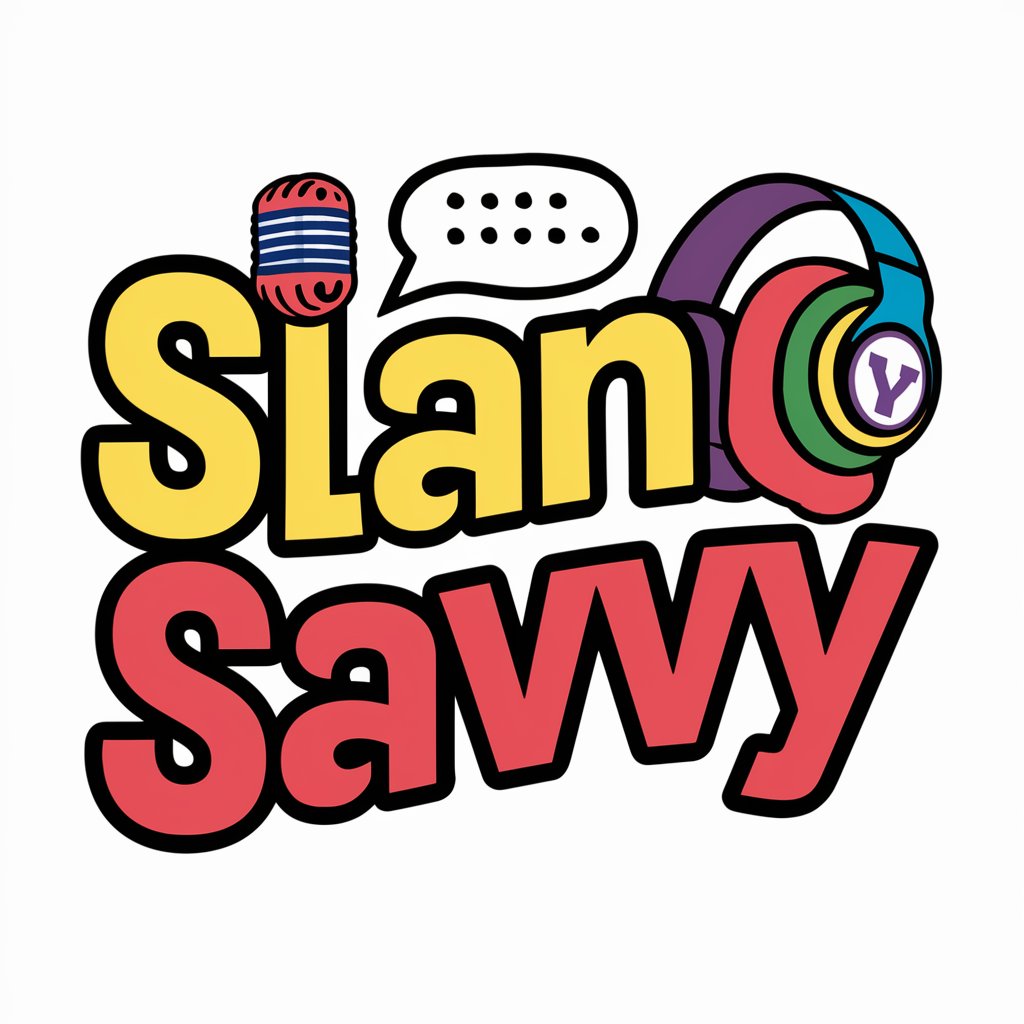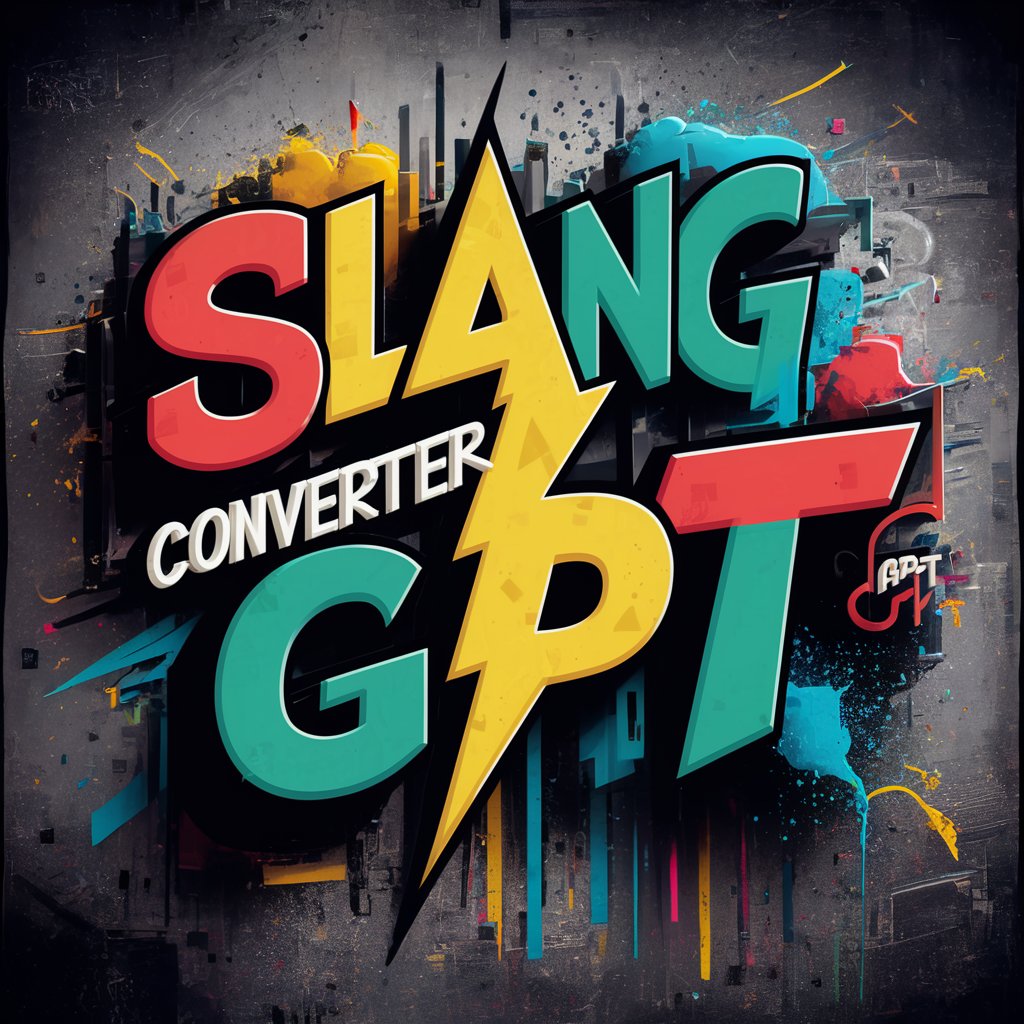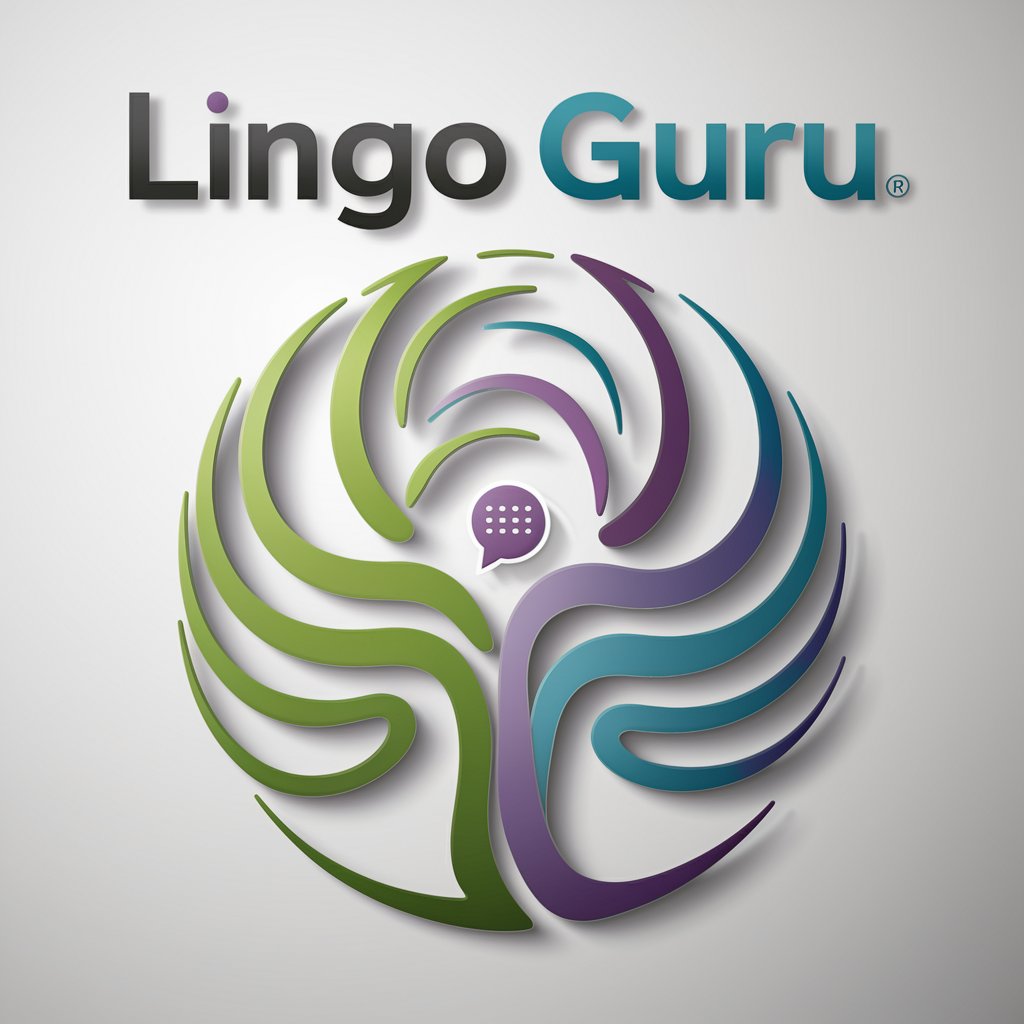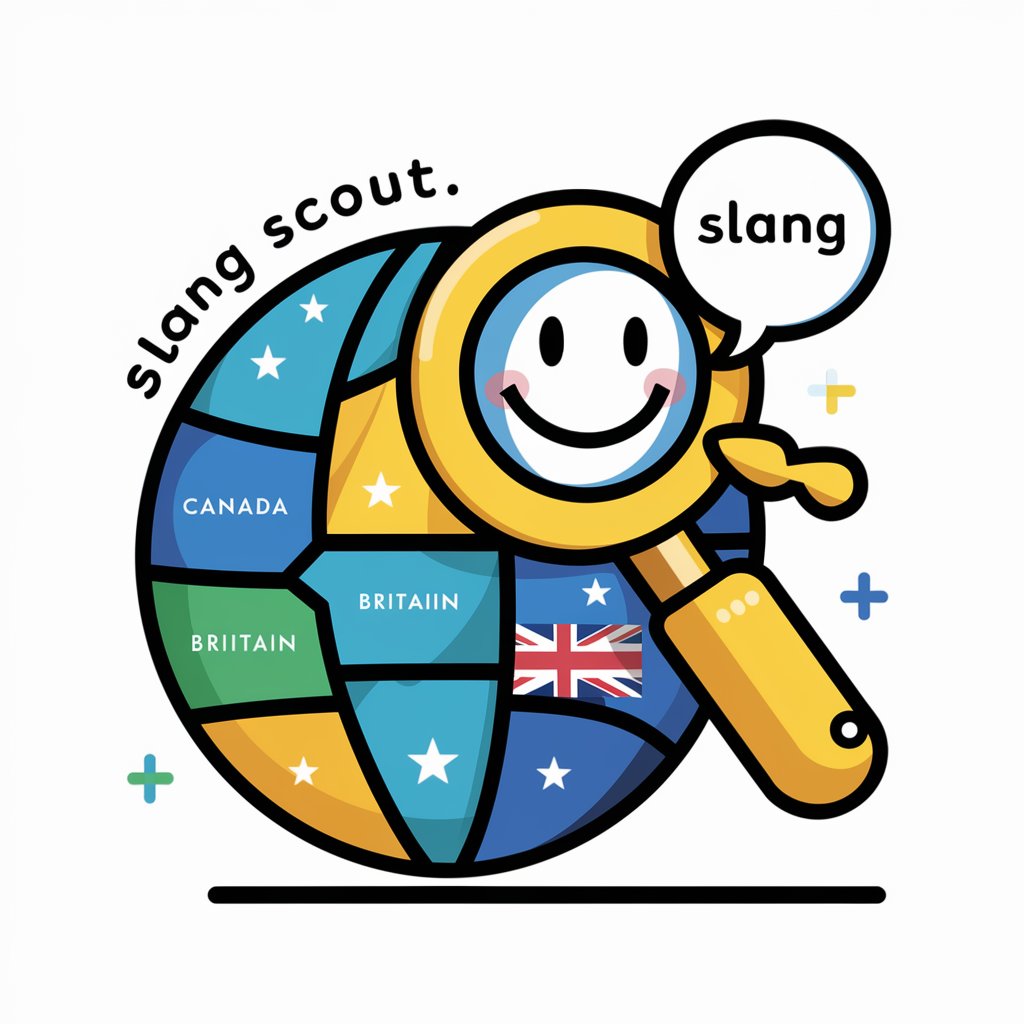
Rhyming Slang Translator - Creative Cockney Translator

Alright me old china! Ready for some Cockney fun?
Turn your chat into Cockney banter!
Translate this sentence into Cockney rhyming slang:
What's the Cockney version of this phrase:
Turn this into a cheeky Cockney expression:
Give me the Cockney slang for:
Get Embed Code
Overview of Rhyming Slang Translator
The Rhyming Slang Translator, also known as the 'Cockney Converter', is designed to translate standard English sentences into Cockney rhyming slang. This unique form of English slang originated in the East End of London and involves replacing words with phrases that rhyme with them, often involving a playful or humorous twist. For example, the word 'phone' might be translated to 'dog and bone' in Cockney slang. The purpose of this translator is not only to convert language but also to preserve and spread the cultural richness of Cockney expressions, making them accessible and entertaining for a broader audience. Powered by ChatGPT-4o。

Core Functions of Rhyming Slang Translator
Translation to Cockney Slang
Example
Input: 'Can you answer the phone?' Output: 'Can you answer the dog and bone?'
Scenario
This function is especially useful in settings like themed events or educational contexts where participants can experience and engage with the quirks of Cockney culture.
Invention of New Slang
Example
Input: 'I need to use the computer.' Output: 'I need to use the tea and crumpeter.'
Scenario
When direct equivalents do not exist in traditional Cockney, the translator creatively invents plausible, humorous alternatives, thus expanding the slang vocabulary and enhancing user engagement.
Explanation of Slang Origins
Example
User requests the origin of 'dog and bone' for 'phone'.
Scenario
This educational feature is valuable for users interested in the etymology and cultural background of Cockney slang, providing deeper insights into the language's history and usage.
Ideal User Groups for Rhyming Slang Translator
Cultural Enthusiasts
Individuals fascinated by British culture, especially London's East End, will find this tool enriching as it offers a direct experience of Cockney linguistic traditions.
Educators and Students
Teachers and students studying English language variations can use the translator to explore dialectal diversity, making learning more interactive and fun.
Writers and Creatives
Authors, screenwriters, and other creative professionals could use the translator to add authentic Cockney flair to their dialogues or character developments, enhancing realism and cultural depth in their works.

How to Use the Rhyming Slang Translator
1
Visit yeschat.ai for a free trial without login, also no need for ChatGPT Plus.
2
Choose 'Rhyming Slang Translator' from the available tools to begin your session.
3
Enter the phrase or sentence you want to translate into Cockney rhyming slang in the provided text box.
4
Click 'Translate' to see your sentence transformed, or use the 'Explain Slang' option to understand the slang used.
5
Experiment with different sentences to explore various slang interpretations and enhance your understanding of Cockney culture.
Try other advanced and practical GPTs
Japanese Slang Buddy
Master Japanese Slang with AI!
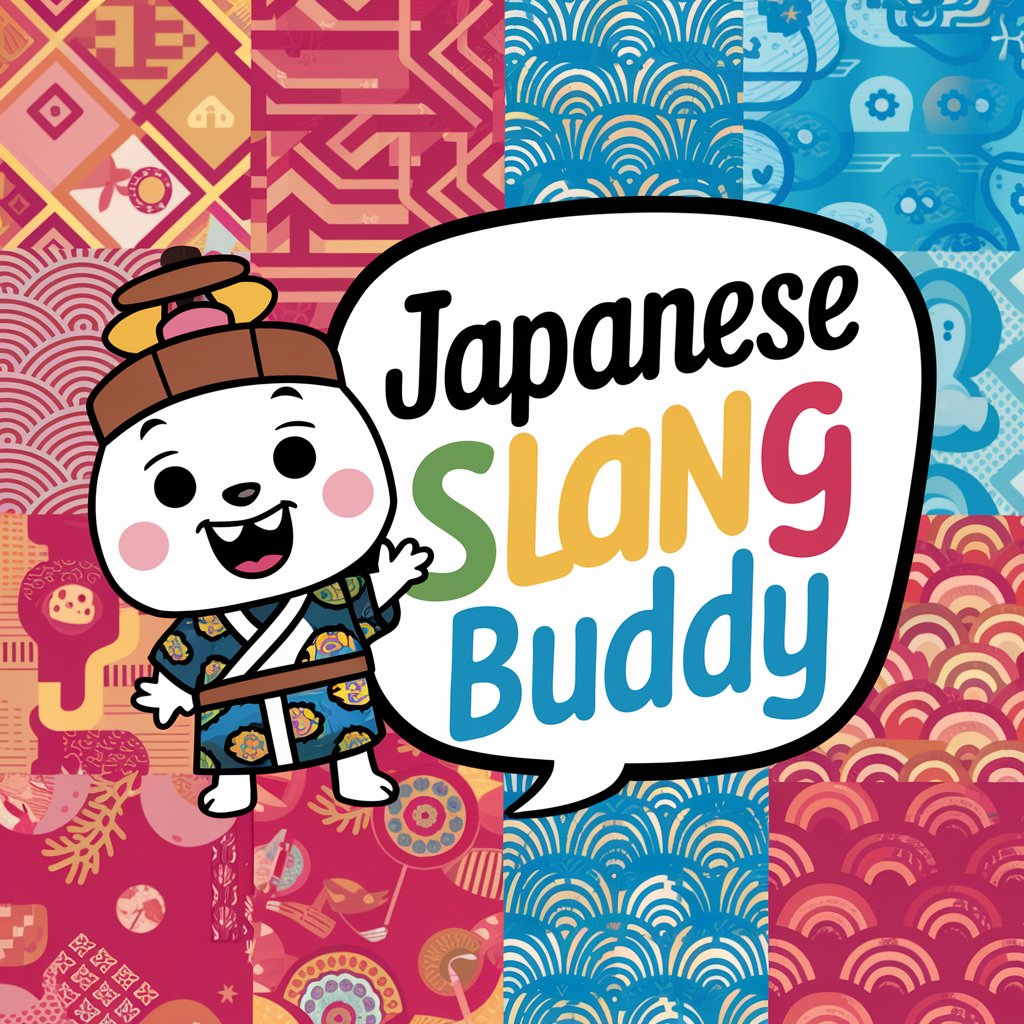
Slang Decoder GPT
Decoding slang with AI precision
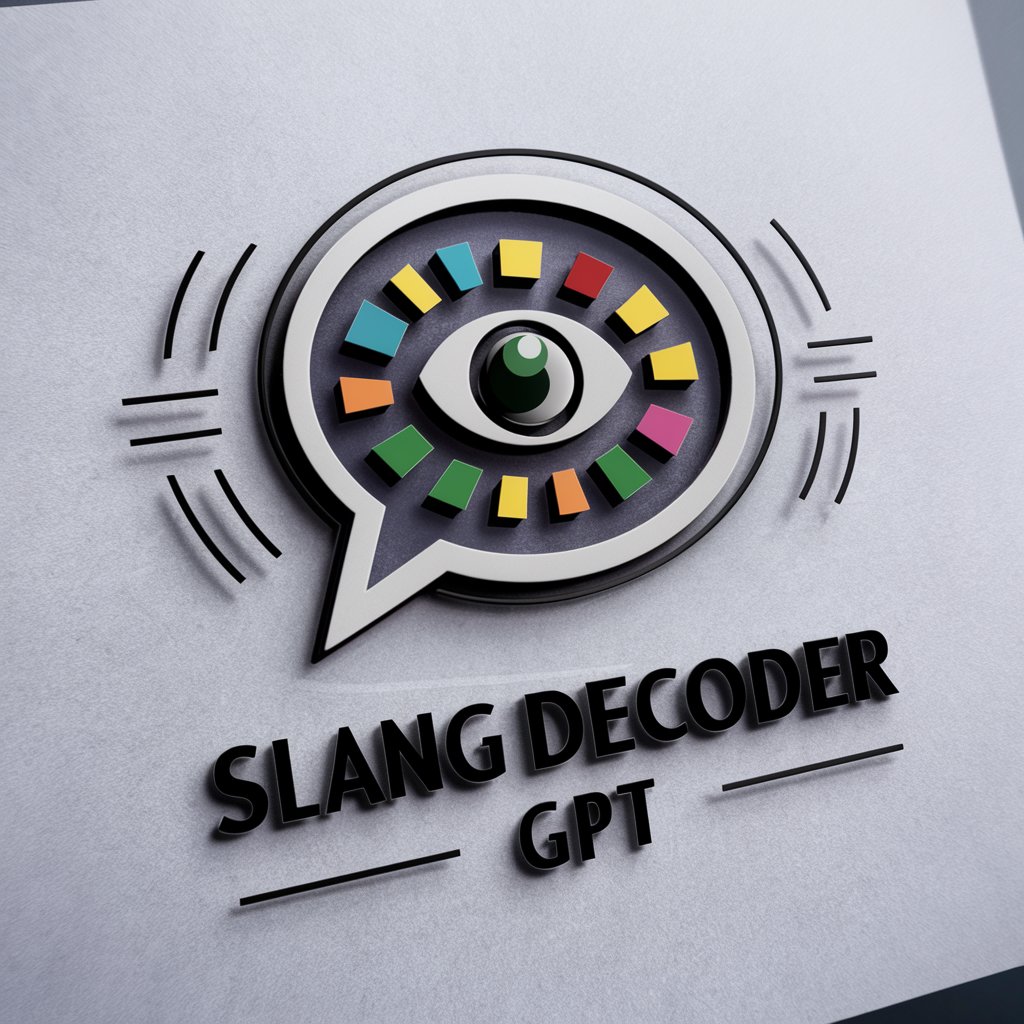
Slang Scout
Decoding Gen Z Slang with AI
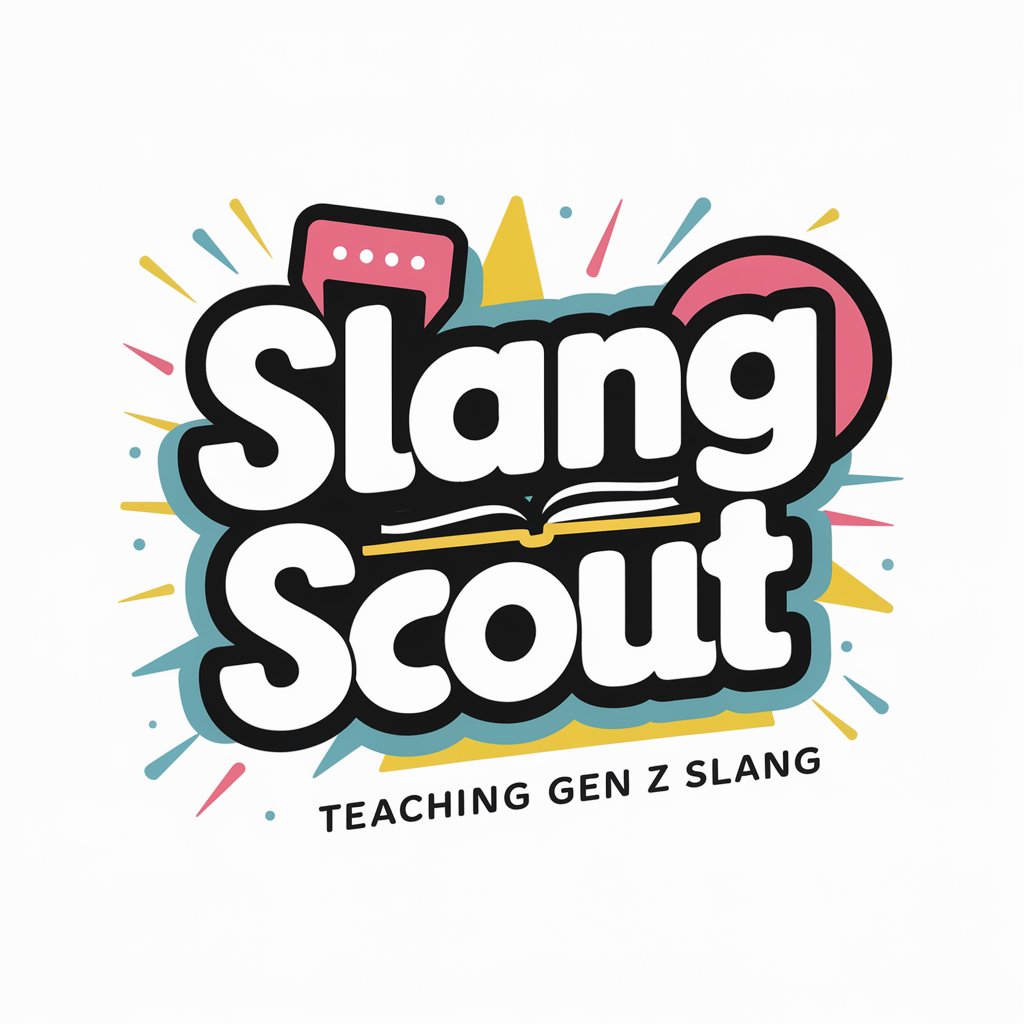
Japanese Slang Teacher
Learn Japanese Slang with AI!
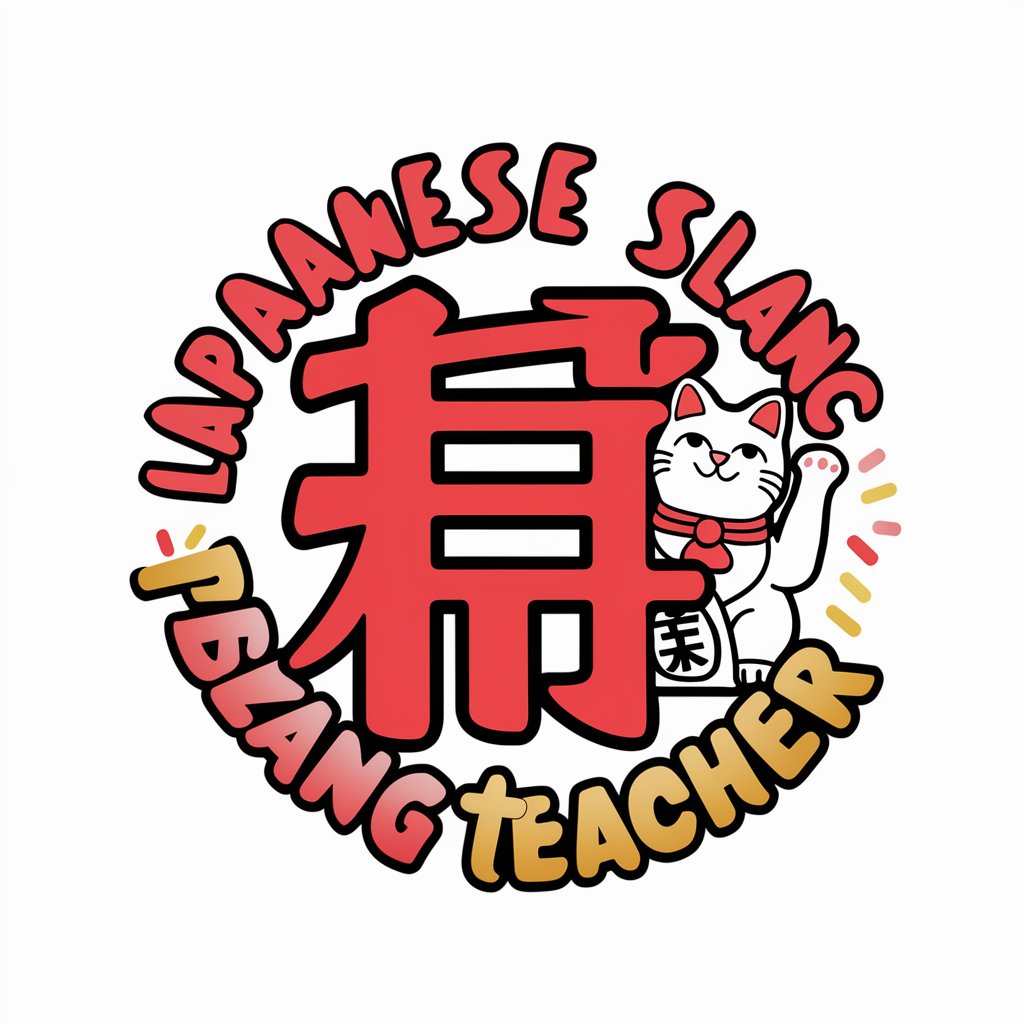
Slang explained
Demystifying Slang with AI Power
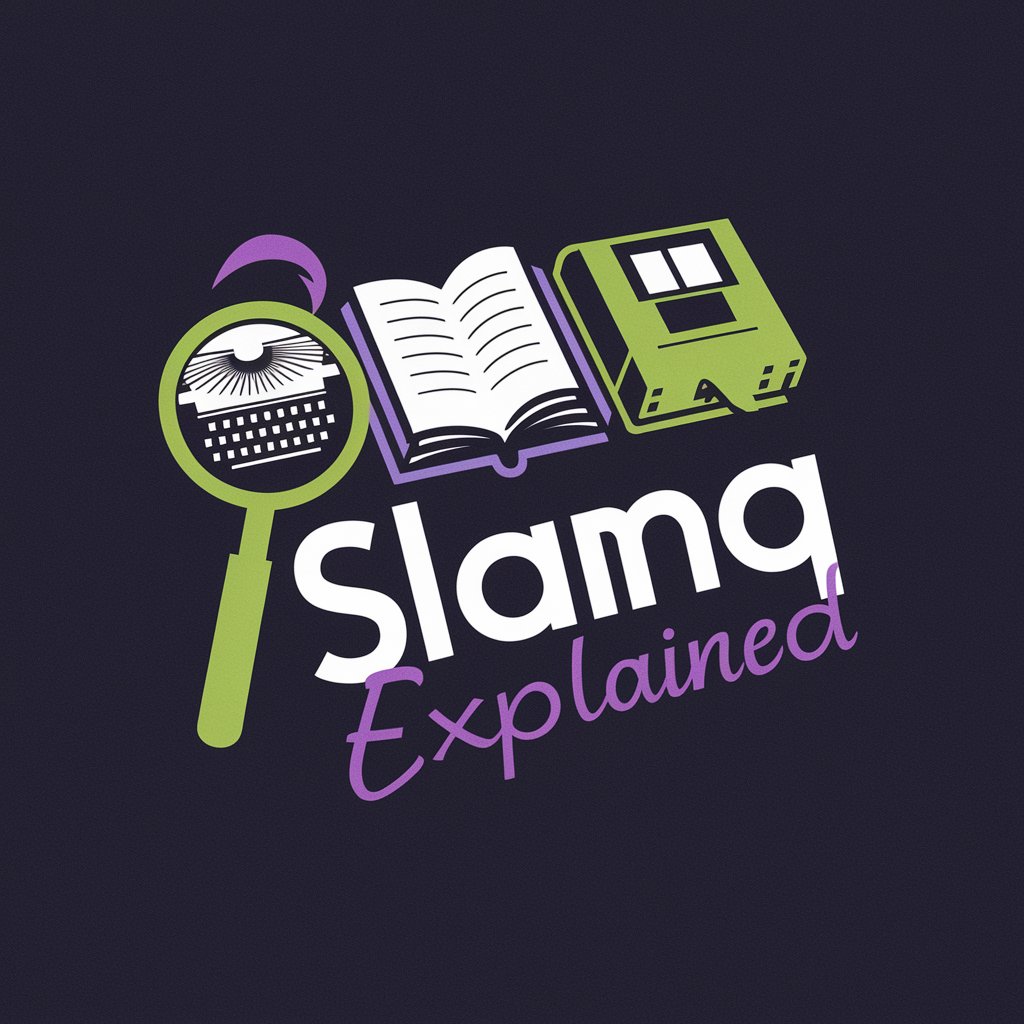
Slang Decoder
Decode Slang with AI Precision
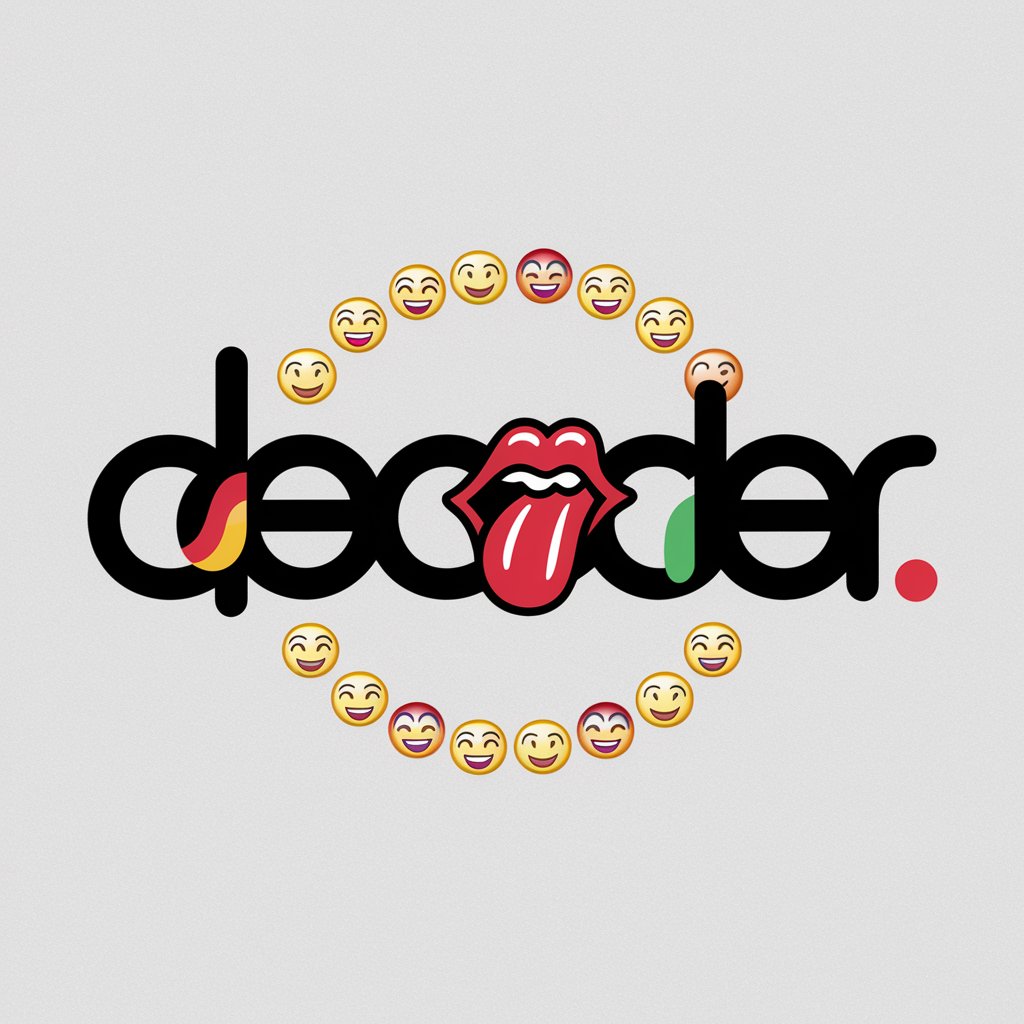
UK Slang Translator
Demystifying UK Slang with AI

Slang Sleuth
Guess slang, learn culture!
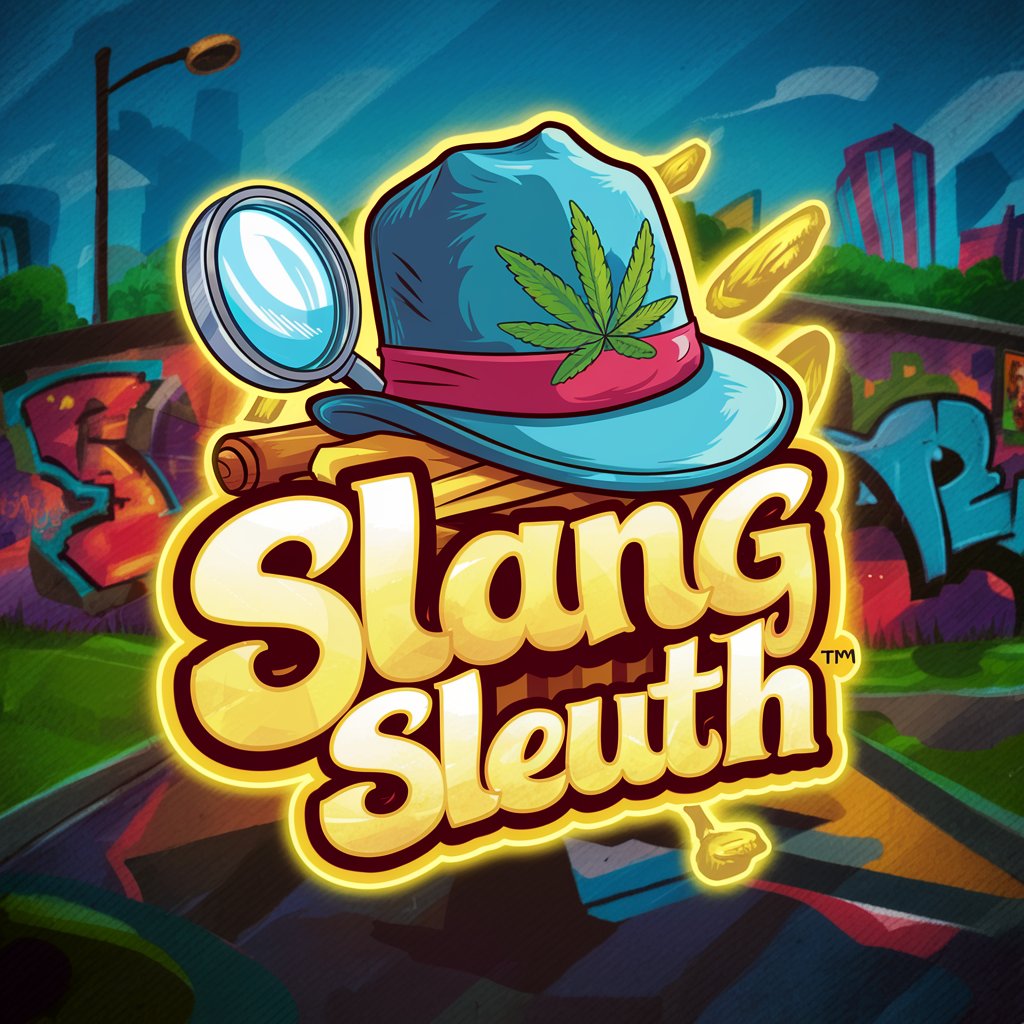
Slang Scribe
Turn formal to casual with AI
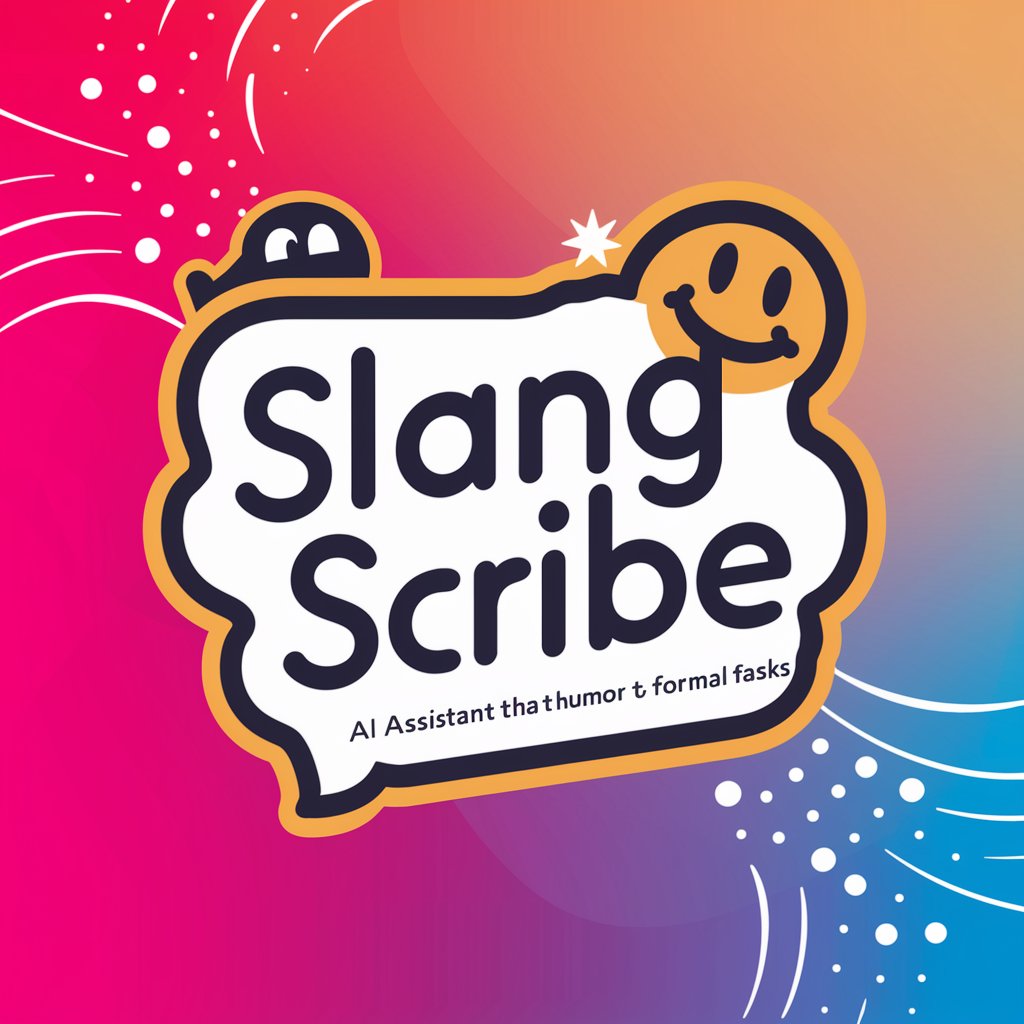
UK Slang
Master UK Slang with AI
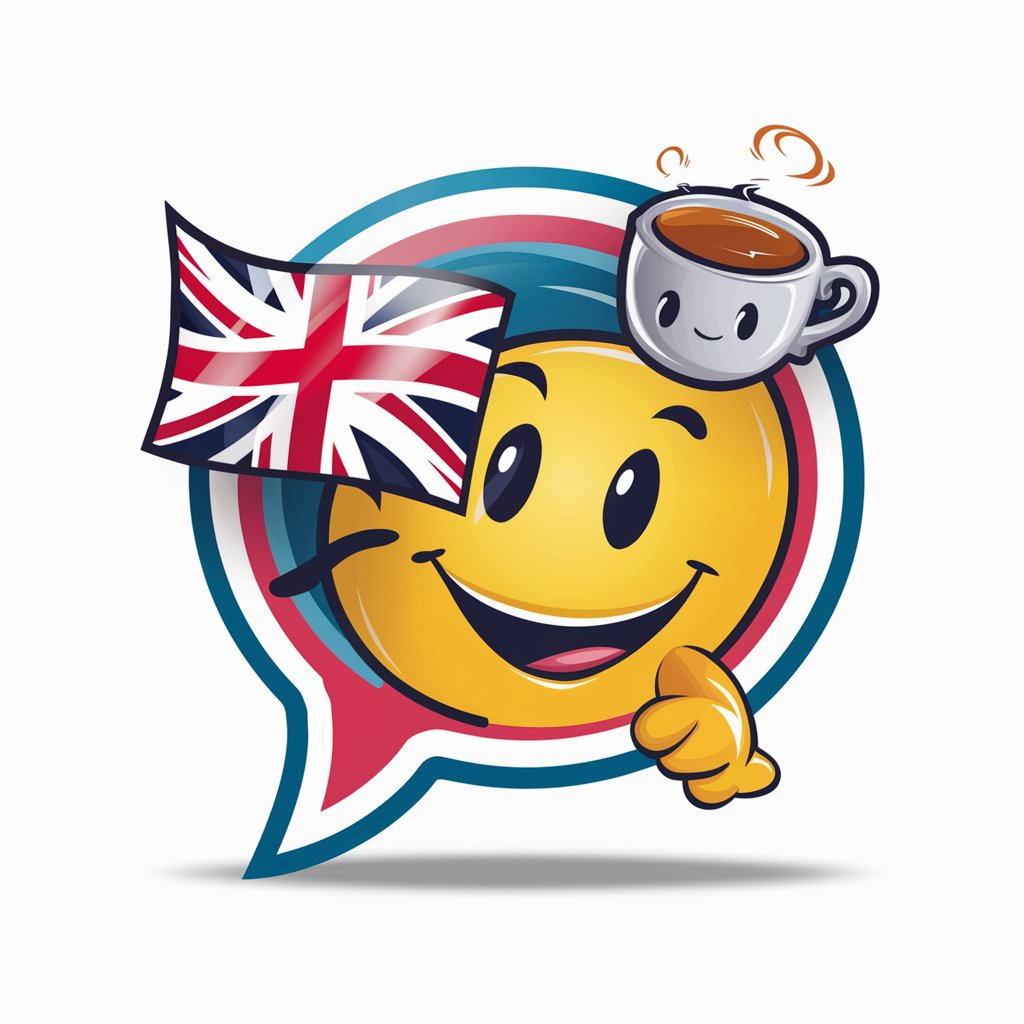
Slang Generator
Turn Talk Into Slang, Powered by AI
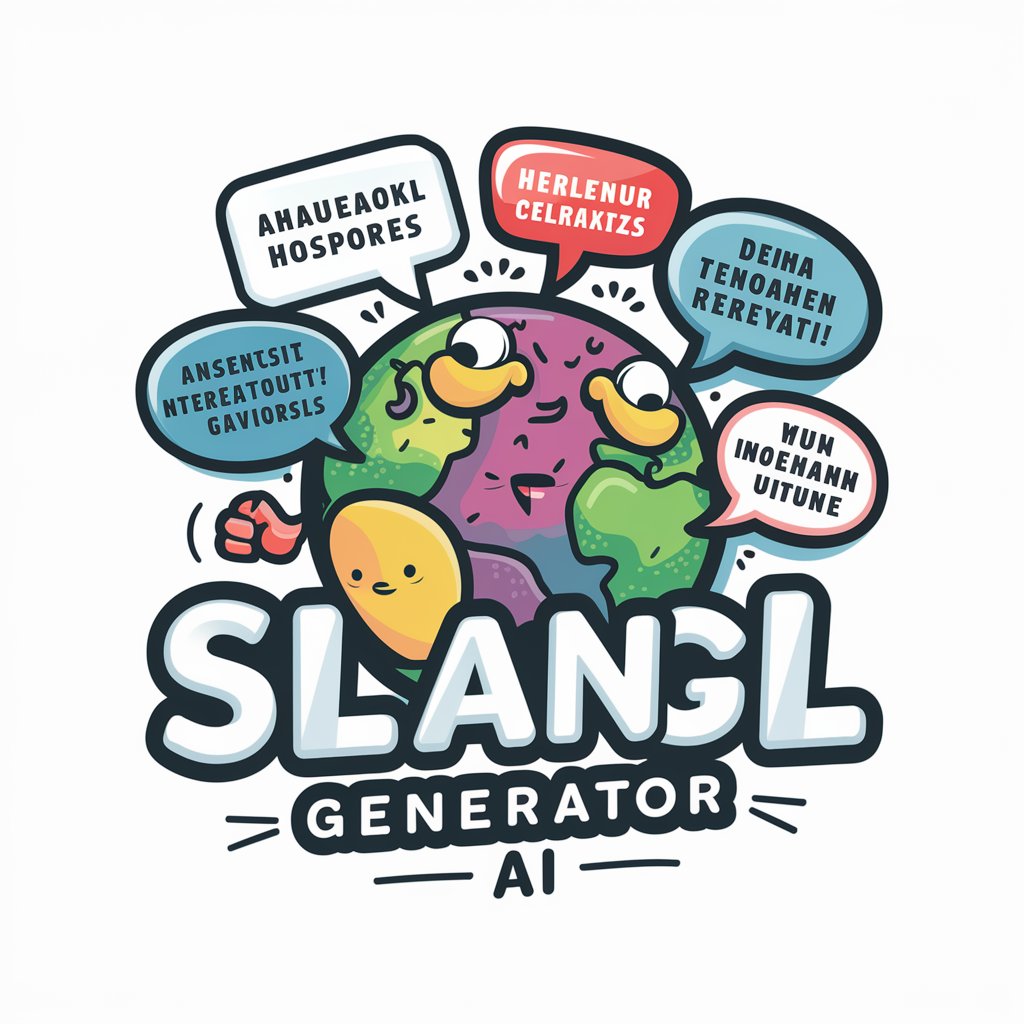
Slang Sleuth
Decipher Slang with AI-Powered Insights

Frequently Asked Questions about Rhyming Slang Translator
What is Cockney rhyming slang?
Cockney rhyming slang is a form of English slang originating from the East End of London, where phrases replace a common word with a rhymed phrase, typically omitting the rhyming word.
Can Rhyming Slang Translator create new slang?
Yes, the translator is capable of inventing new and plausible rhyming slang, enriching both the novelty and the humor of the phrases generated.
Is Rhyming Slang Translator suitable for learning purposes?
Absolutely! It's a fun and interactive way to understand and learn about the unique aspects of Cockney rhyming slang and British cultural idioms.
How accurate is the Rhyming Slang Translator?
While it aims to be as authentic as possible, the tool infuses creativity and humor, occasionally inventing slang for entertainment and educational purposes.
Can I use this tool for serious communications?
It's best used for educational and entertainment purposes rather than formal or serious communications, given its playful nature.
